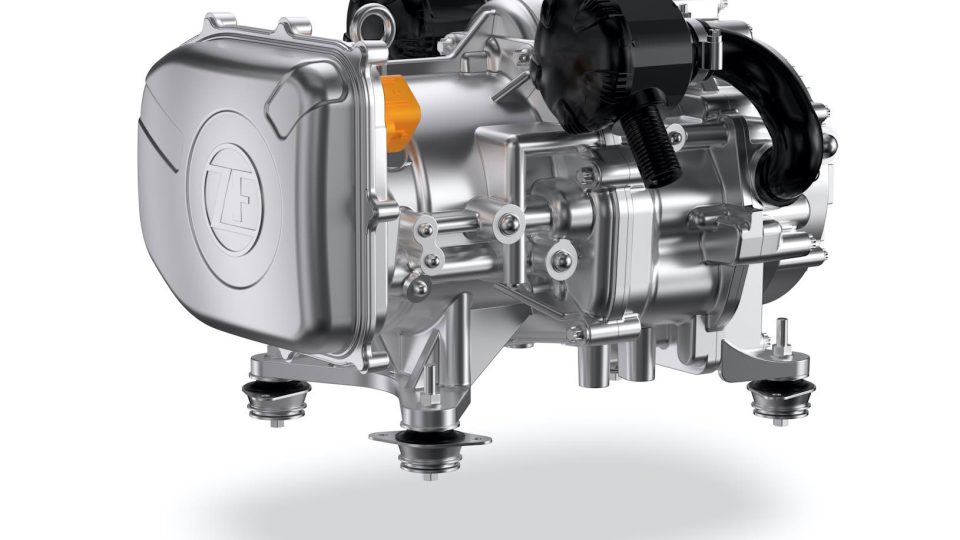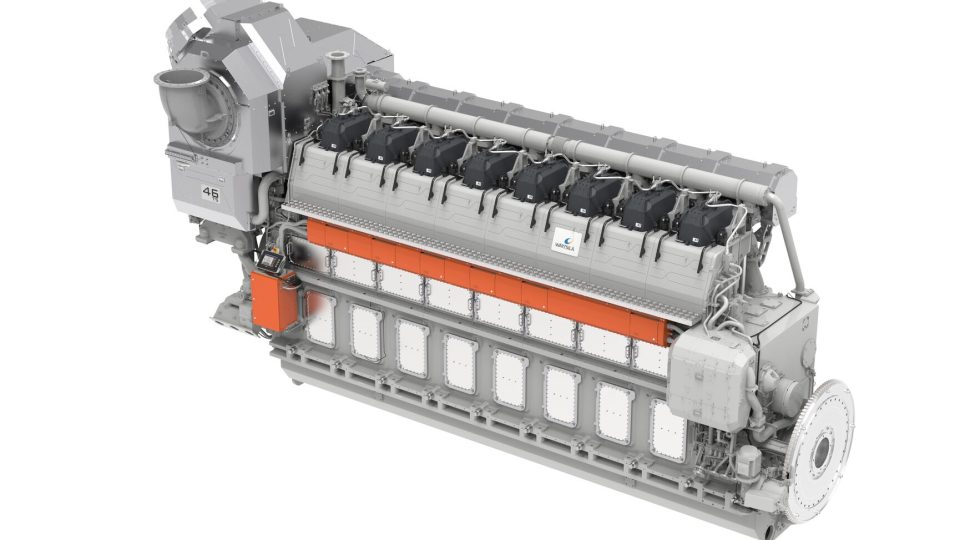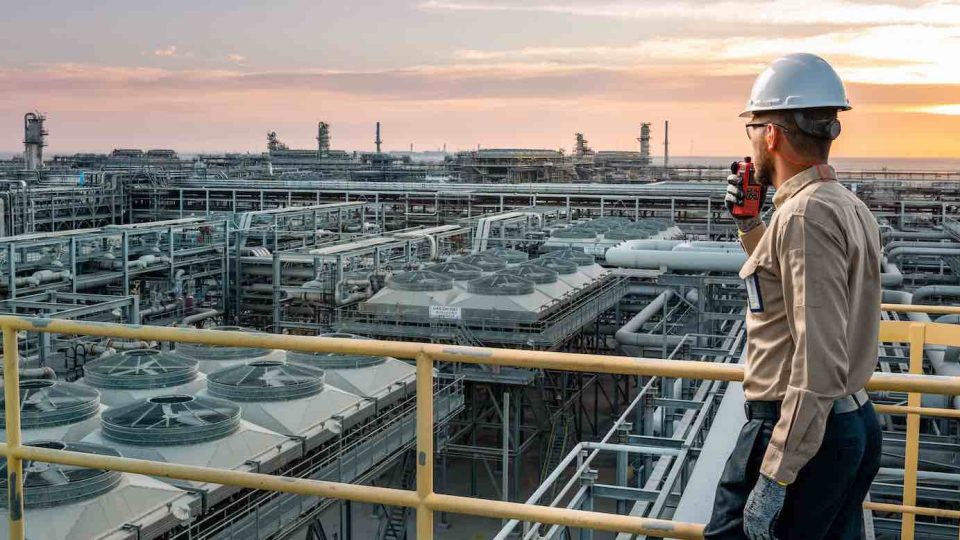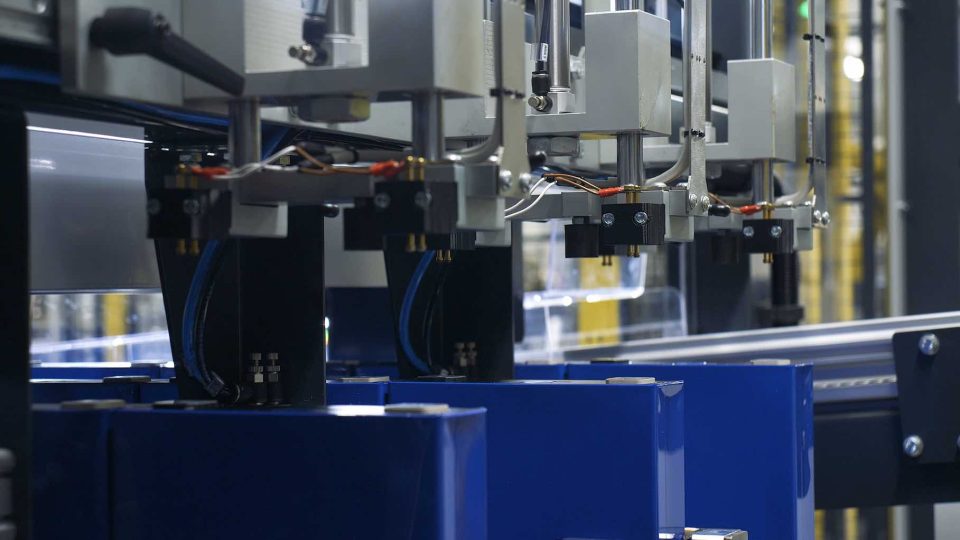HIF Global for green methanol
Mabanahft and HIF Global have signed an agreement for the intended purchase of e-methanol for the marine sector
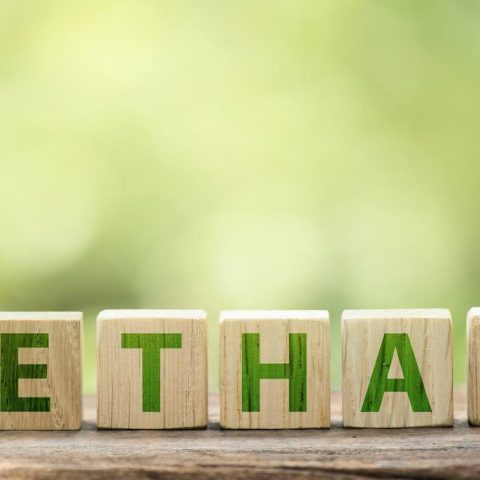
Methanol, yet another frontier in the energy transition, as proven by the agreement between Mabanahft and HIF Global for the planned purchase of e-methanol for the shipping industry. The initial supply will be 100,000 tonnes of e-methanol produced from renewable electricity and CO₂ captured per year.
HIF Global and Mabanahft
The agreement outlines the starting point for negotiations to define the terms of a potential offtake contract. As HIF Global moves forward with the development of its e-Fuels facilities, Mabanaft will further explore demand for different methanol applications jointly with its customers. In 2021, both companies signed a Memorandum of Understanding. This new document seeks to deepen collaboration.
Volker Ebeling, Senior Vice President New Energy, Supply & Infrastructure at Mabanahft reaffirms: “We strongly believe in the potential of e-methanol as a key enabler of the energy transition, and we are proud to deepen our partnership with HIF Global. This agreement is a further step forward in providing our shipping customers with a viable, alternative fuel. In parallel we are now in the process of making methanol storage available at our Hamburg tank terminal and possibly further global locations. Our combined efforts help bridging the gap towards a broader adoption of methanol in the maritime sector.”
HIF Global’s point of view
Diego Fettweis, Chief Commercial Officer of HIF Global, stated, “Today we take another step in leading the e-Fuels industry, joining forces to break into a key market: shipping. Drop-in fuels can make a relevant difference ensuring a secure energy supply while leveraging existing infrastructure.”
Alternative fuels in boating
If electrification is not still the best option for commercial shipping, the alternative fuels scenario is decidedly diversified. Ammonia the favourite forecasts, albeit with all the unknowns of the case. Hydrogen arouses perplexity, HVO is claimed, but with less emphasis than in the industrial and stationary sectors. Ethanol appears defiladed and methanol, given the premises, could play its cards, even within a fuel cell propulsion system.




